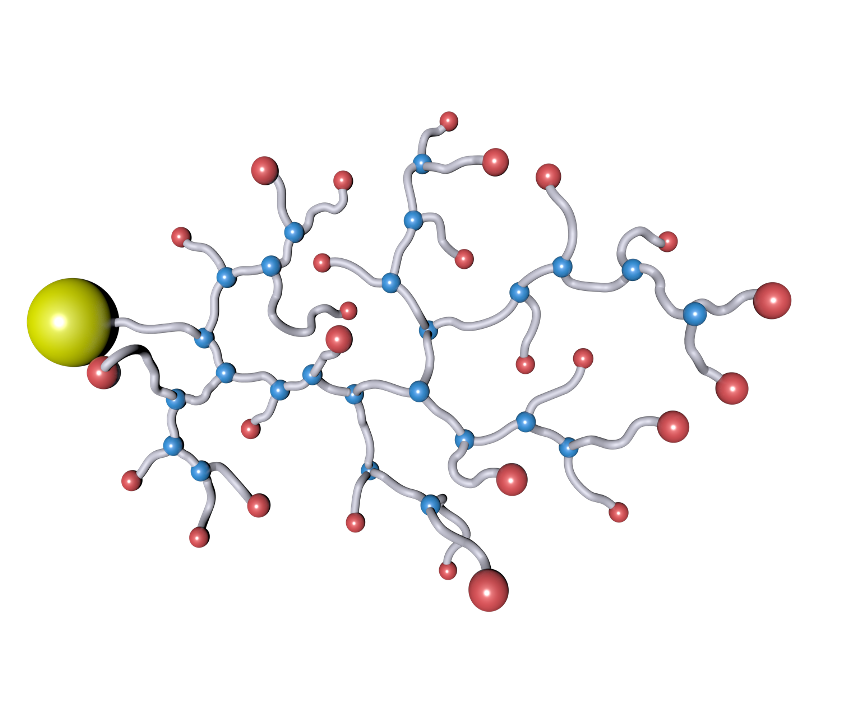Top Uses Polymers: Enhancing Everyday Products
Top Uses Polymers: Enhancing Everyday Products
Blog Article
Exploring the Varied Applications and Benefits of Polymers in Different Industries
Polymers, with their varied array of residential properties and functionalities, have become indispensable in different markets, each enjoying one-of-a-kind advantages from their application. From enhancing safety and security and performance in the vehicle market to changing clinical tools in the health care sector, polymers play a critical function.
Automotive Market Applications
Polymers play a crucial role in boosting the efficiency and longevity of various parts within the auto sector. One popular usage of polymers in the automobile market is in the manufacturing of lightweight elements.

Health Care Sector Benefits
In different medical care applications, the advantages of making use of polymers are extensively identified for their diverse variety of useful properties. Polymers play a crucial duty in the health care market because of their adaptability, biocompatibility, and cost-effectiveness. One of the key advantages of polymers in medical care is their ability to be tailored to certain demands, such as versatility, toughness, and biodegradability, making them suitable for a vast array of clinical applications.
Polymer-based materials are thoroughly utilized in medical tools, such as catheters, implants, prosthetics, and drug distribution systems, as a result of their biocompatibility and capacity to simulate all-natural tissues. These products can decrease the threat of sensitive responses or rejections, boosting patient security and outcomes. Additionally, polymers are light-weight, making them appropriate for wearable medical devices and making sure individual comfort.
Moreover, polymers allow the development of cutting-edge therapy approaches, such as hydrogels for cells engineering and nanocomposites for targeted drug delivery. Their simplicity of processing and sanitation makes them essential for maintaining high standards of hygiene in healthcare settings. Overall, the diverse advantages of polymers contribute dramatically to improvements in clinical modern technology and individual care.
Environmental Benefits of Polymers

Furthermore, polymers can add to power financial savings because of their light-weight nature. In industries such as transportation, lightweight polymer products can help in reducing gas consumption and greenhouse gas discharges. In addition, polymers can allow the growth of energy-efficient items such as insulation materials that enhance power conservation in buildings.
Furthermore, polymers play a crucial function in reducing water air pollution. For example, using polymer-based purification systems can successfully remove pollutants and impurities from wastewater, securing water sources and environments. On the whole, the ecological benefits of polymers make them valuable assets in advertising sustainability and environment-friendly techniques across different industries.
Polymers in Electronics and Innovation
Taking into consideration the increasing demand for ingenious and lasting remedies in modern industries, the integration of innovative polymer technologies in the world of electronic devices and innovation has actually become a crucial approach for driving performance and performance. Polymers have changed the electronic devices market by enabling the manufacturing of lighter, extra flexible, and durable digital devices. From mobile phones to clinical gadgets, polymers play a crucial function in enhancing product design and performance.
One significant advantage of polymers in electronic devices is their insulating residential or commercial properties, which aid safeguard fragile electronic elements from environmental variables and electric disturbance. Additionally, polymers are essential in the development of adaptable display screens, wearable technology, and published electronics, supplying limitless possibilities for developing clever and interconnected tools.
Moreover, the use of polymers in electronic product packaging has actually brought about advancements in miniaturization and thermal monitoring, boosting the general performance and integrity of digital systems. As technology remains to advance, the convenience and flexibility of polymers will undoubtedly drive further technology in the electronics sector, shaping the future of modern technology.
Function of Polymers in Building And Construction and Facilities
The combination of sophisticated polymer materials in construction and facilities tasks has transformed the means structures are developed and integrated in modern-day times. Polymers offer many advantages in the building sector as a result of their versatility, durability, and cost-effectiveness. One crucial role of polymers in description construction is their usage in coverings and sealants, providing defense versus ecological elements such as moisture, UV radiation, and deterioration. Additionally, polymers are used in the production Source of lightweight and high-strength composite products, improving the architectural integrity of buildings while lowering total weight.
In addition, polymers play a crucial role in lasting construction techniques by enabling the development of energy-efficient frameworks. Protecting products made from polymers aid control indoor temperature levels, lowering the need for home heating and cooling down systems and ultimately reducing energy consumption. Additionally, the use of polymer-based composites in framework projects such as bridges and roadways boosts their durability and decreases maintenance costs. In general, the incorporation of polymers in construction and facilities showcases their substantial effect on modern-day design methods.
Verdict
In final thought, polymers play an important duty in different markets such as vehicle, medical care, ecological, electronic devices, and construction. From enhancing gas performance in lorries to boosting clinical gadgets, polymers use many advantages.
Report this page